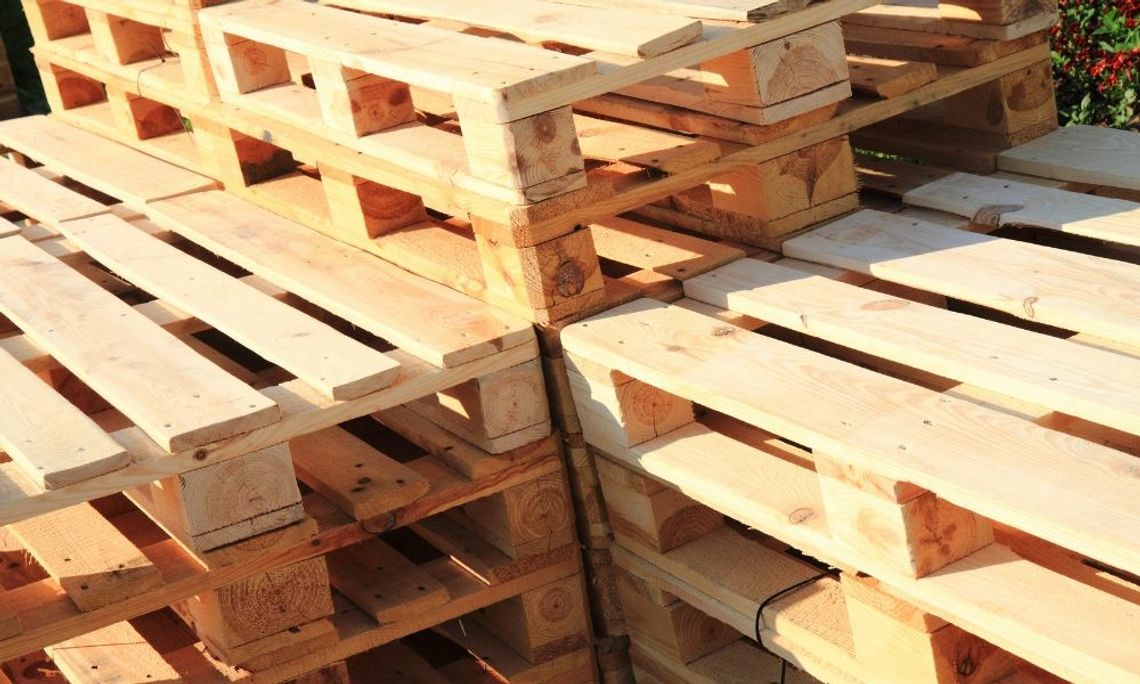Traditional warehouse operations are energy-intensive, which can be both expensive and environmentally harmful. Here are some ways to make your warehouse more sustainable.
Use Electric Powered Equipment
Investing in electric forklifts and stackers can reduce emissions significantly. Electric motors run much more efficiently than internal combustion engines, which means they save businesses money over time.
Improve Insulation
Warehouses tend to have high ceilings and a lot of doors, including large loading dock doors. Improving insulation in a warehouse can help regulate the temperature and, as a result, reduce HVAC energy consumption, making it another money saver.
Upgrade Lighting
LED lighting is much more energy-efficient than traditional fluorescent bulbs. By switching to LED bulbs, businesses can reduce their electricity usage and bring down their energy bills. Additionally, LED lighting produces less heat than traditional bulbs, meaning the warehouse will not need as much cooling during hot summer months.
Install Renewable Energy Systems
Installing renewable energy systems such as solar panels on the roof or even a small wind turbine in the parking lot of a warehouse—if zoning permits—reduces your business’s reliance on traditional energy sources. Additionally, renewable energy systems are often eligible for tax credits and other incentives, making them a smart investment.
Reduce Plastic Packaging
Plastic packaging often ends up in landfills or the oceans where it doesn’t break down for decades or even centuries, harming the environment and endangering wildlife. By opting for more sustainable, biodegradable packaging materials, businesses can help reduce undesirable environmental impacts.
Reuse and Recycle
Warehouses should look for opportunities to reduce, reuse, or recycle materials whenever possible; this includes using digital systems instead of paper to store information. Warehouses can recycle plastics and cardboard. They can also reuse pallets and work with a pallet recycler when those indispensable warehouse items break or become too worn to safely use anymore. Recycling ensures that pallets and other warehouse materials don’t end up in a landfill.
By implementing these strategies, businesses can take meaningful steps to make their warehouses more sustainable and reduce their environmental impact. Not only will this help them meet their sustainability goals, but it can also provide a competitive edge in the marketplace and save them money on energy costs over time. Ultimately, taking action to make warehouses more sustainable is a win-win for everyone.


Comment
Comments